Israel’s West Bank Operation: Causes & Consequences
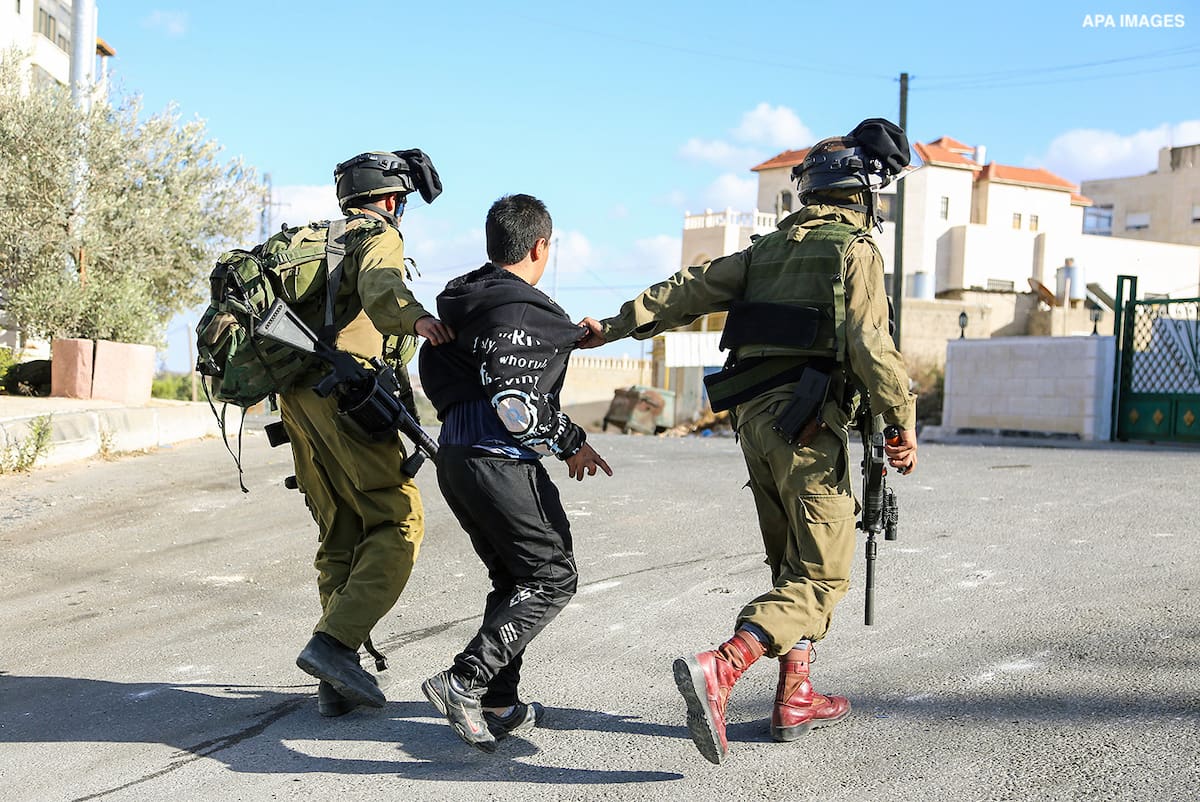
Many have speculated that Israel’s largest West Bank offensive since the 2nd Intifada had among its aims the provoking of mass unrest at a time when Palestinians remain fragmented and can be more easily beaten down, notes Policy Advisor Mouin Rabbani. He argues that only a dynamic Palestinian strategy that includes internationalization and the rebuilding of national institutions can arrest and reverse Israel’s impunity in its dealings with the Palestinian people.
From Our Facebook Balconies, the Dark Heart of Al-Yarmuk
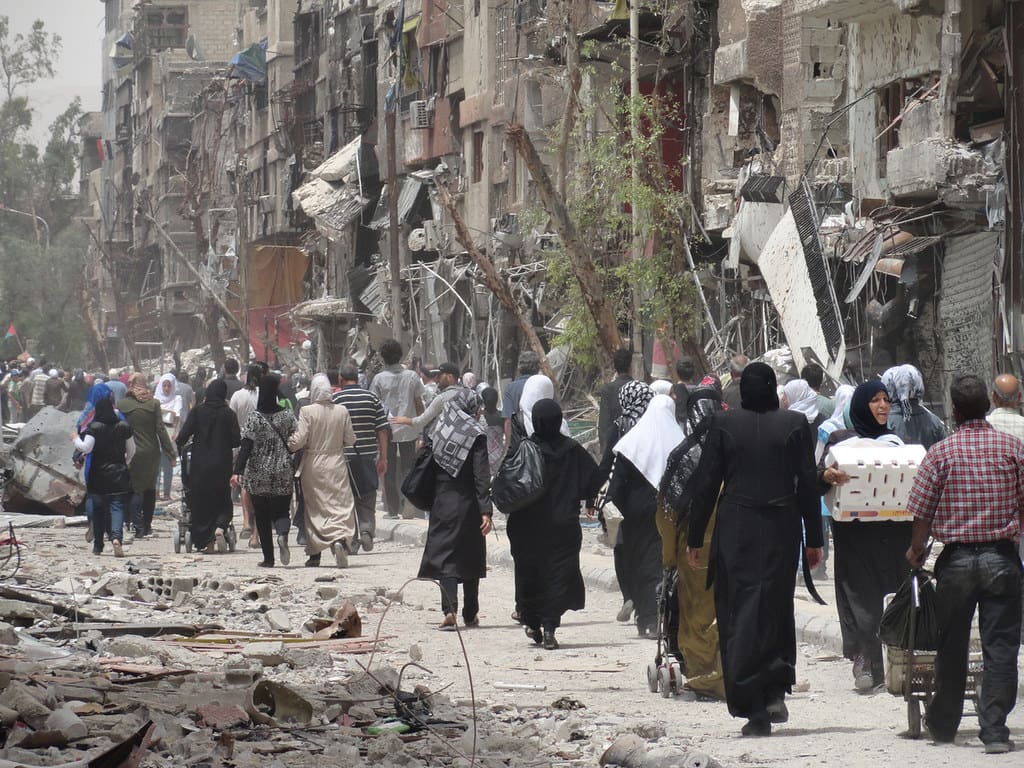
The Syrian civil war has seen some 270,000 Palestinians flee their homes, many for multiple times. The discrimination they face as they seek refuge has had little attention. From a Syrian-Palestinian perspective, Al-Shabaka Policy Member Ahmad Diab draws on the siege of Al-Yarmuk as a new symbol of Palestinian suffering and maps the profound effects this conflict has had on the entire Syrian Palestinian community.
What’s Stopping the 3rd Intifada?
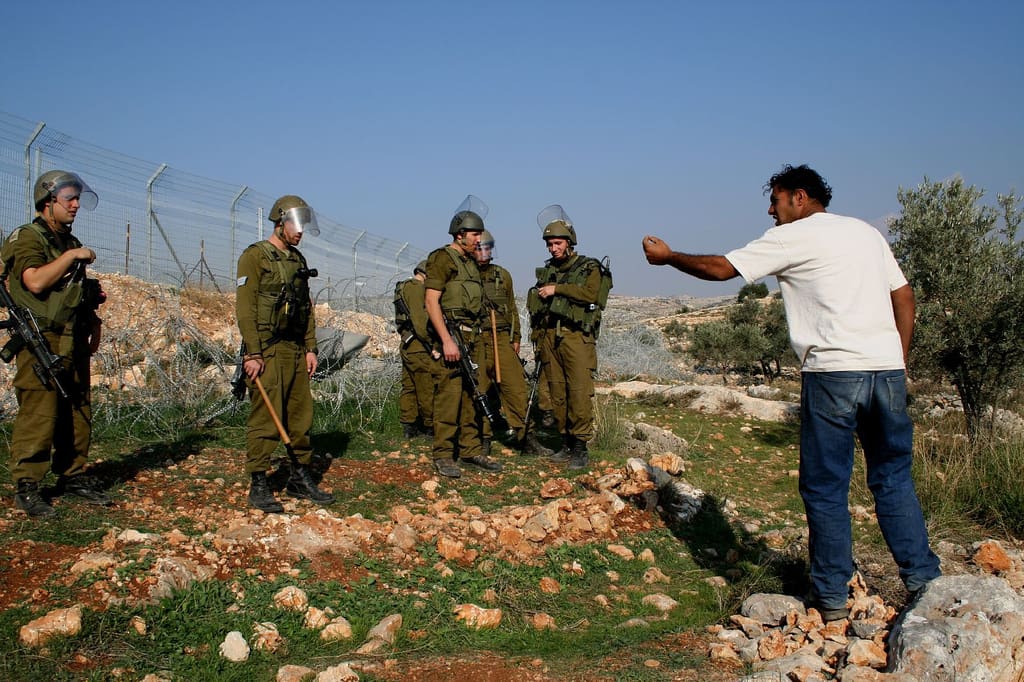
Israel’s repression of Palestinians has never been as great as it is today. With no political solution in sight, the possibility of a 3rd Intifada in the Occupied Palestinian Territory seems inevitable. However, Al-Shabaka Policy Advisor Jamil Hilal is doubtful and highlights other powerful forces that make a 3rd Intifada unlikely to happen soon.
Palestinian Dead End Highlights the Right of Return
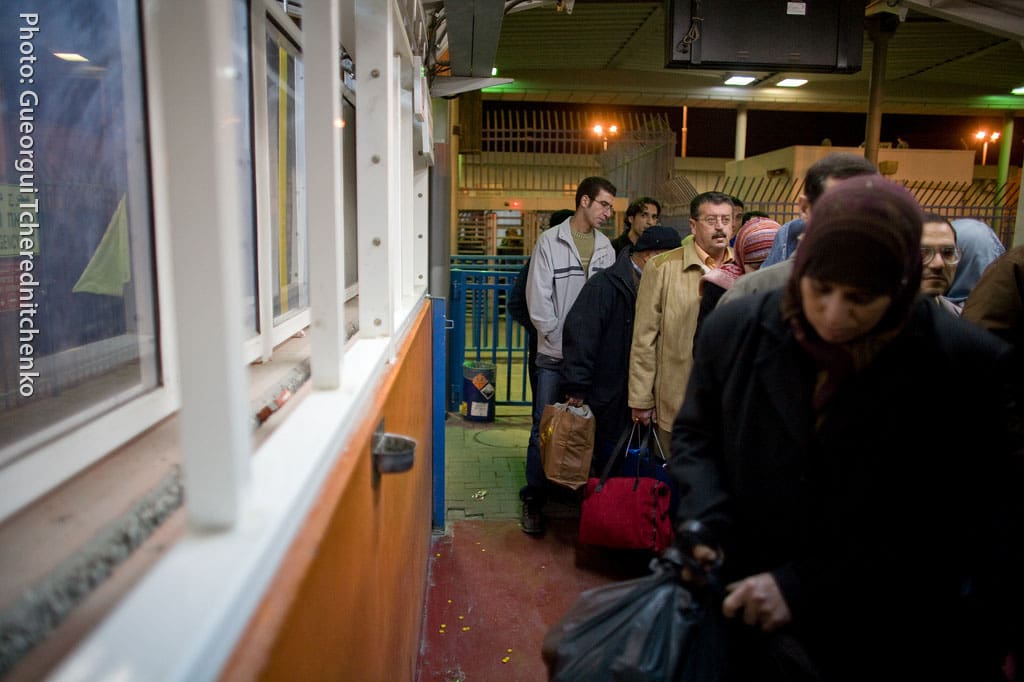
The Palestinian people must hold the Palestinian leadership accountable for the persistent failure of negotiations. As Al-Shabaka Policy Advisor Randa Farah argues, the PLO/PA should not replace different forms of resistance to the occupation with unlimited negotiations while finding itself under pressure to actively work to halt other acts of resistance simply for these negotiations to continue – and should remember the centrality of the right of return.
Oslo: Replacing Liberation with Economic Neo-Colonialism
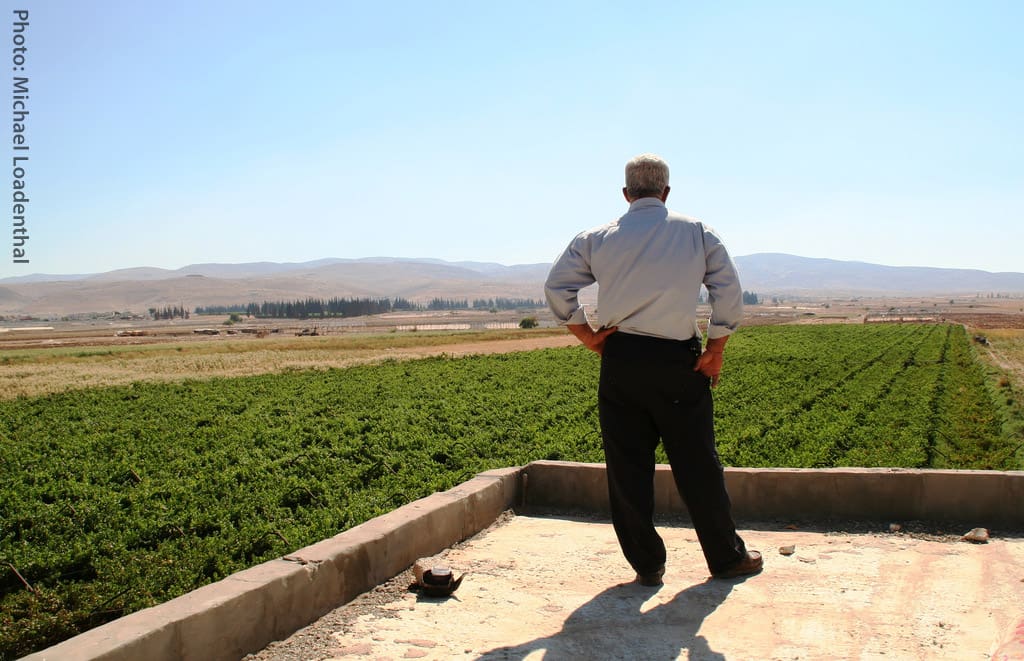
The neo-liberal policies associated with Oslo have gradually laid waste to the Palestinian struggle for liberation. Advanced by a coalition of transnational development agencies, Israeli occupation actors, and Palestinian capitalists and political elites, this “economic neo-colonization of Palestine,” argues Al-Shabaka guest author Khalil Nakhleh, must be met with a “People-Centered Liberationist Development” strategy that develops and empowers indigenous resources aimed at securing all Palestinian rights.
An Illegitimate Leadership Can Sign Away Rights
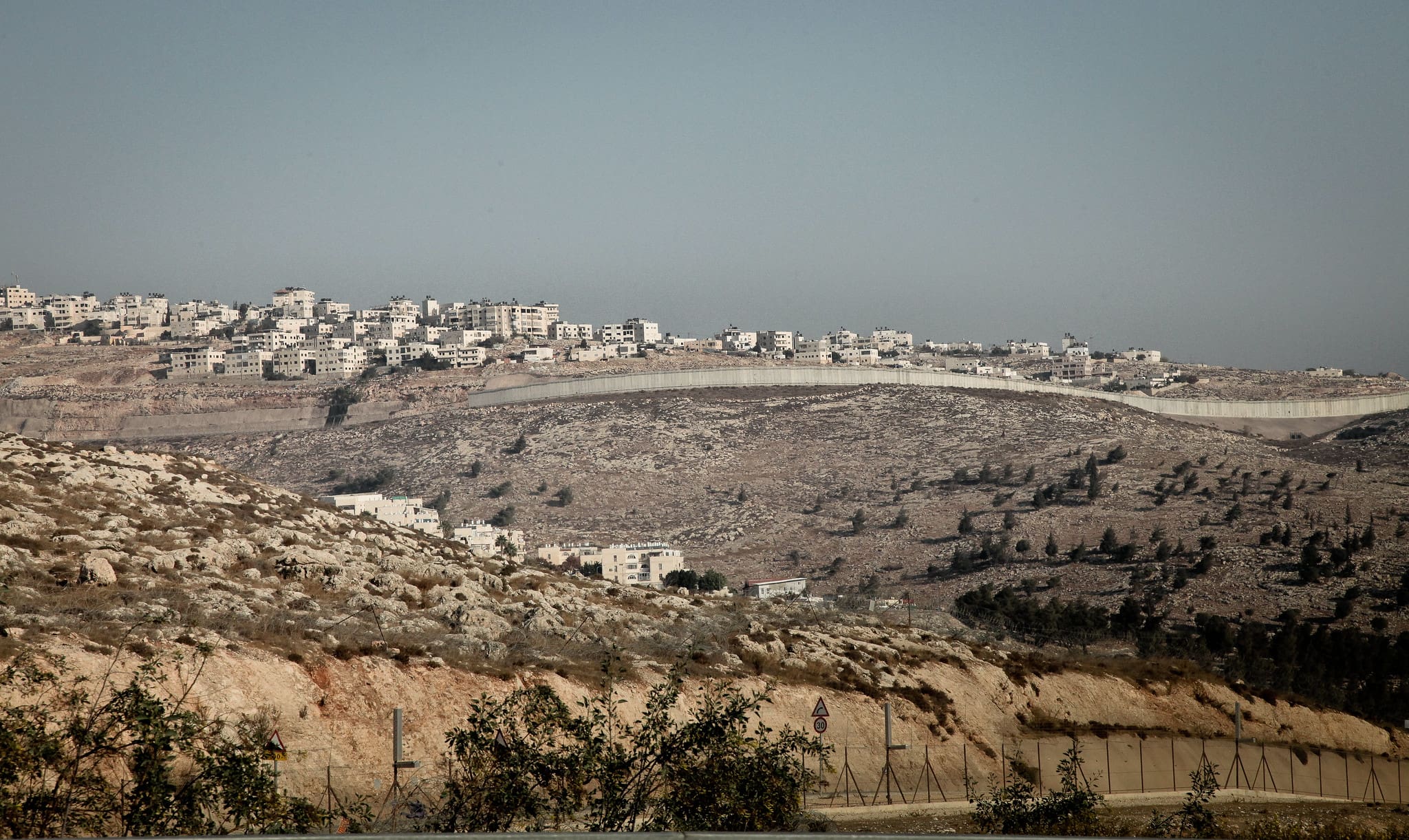
As Palestine Liberation Organization chairman Mahmoud Abbas heads to Washington to meet U.S. President Barack Obama, Palestinians are fast approaching a critical juncture in the U.S.-driven negotiations with Israel. Al-Shabaka Policy Member Zachariah Sammour warns of the grave implications and urges an immediate and sustained response by all Palestinians, including those in the Diaspora who may stand to lose their historic claim of return to the homeland.
What Role for Law in the Palestinian Struggle for Liberation?
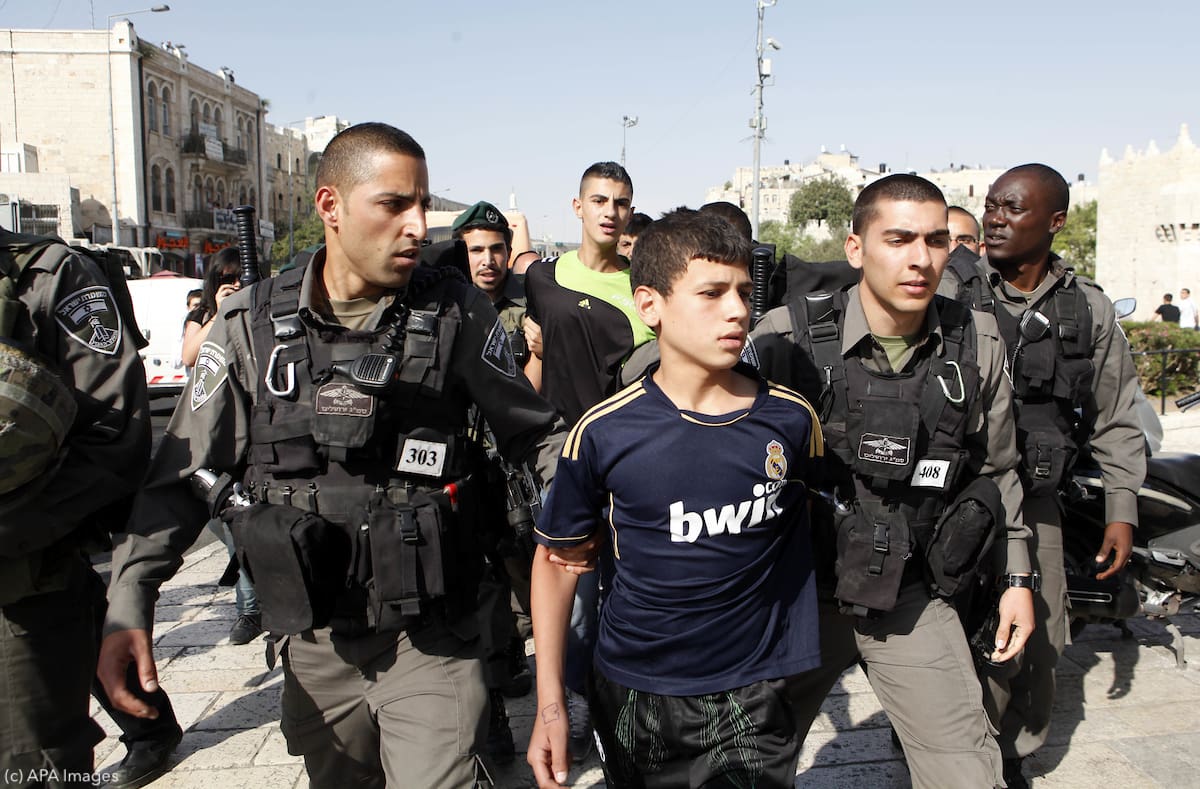
Palestinians are divided over whether law can serve a positive function in their quest for self-determination. Al-Shabaka Policy Advisor Noura Erakat argues that law’s value is wholly contingent on the broader political framework that gives it meaning. She proposes that Palestinians adopt a complementary approach that includes using the law when justice can be served and political avenues when the law itself entrenches unjust outcomes.
NGOs vs. Grassroots Movements: A False Dichotomy
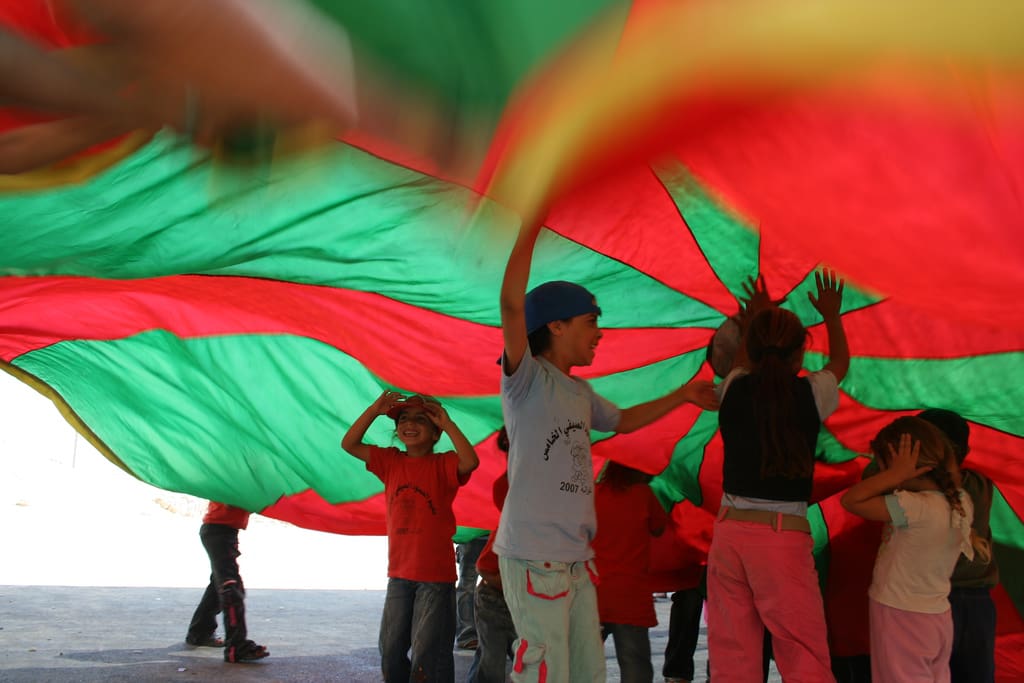
Are people’s movements intrinsically superior to non-governmental organizations (NGOs) or is there a role for different types of organizations in the Palestinian civil society spectrum? Al-Shabaka Policy Advisor Fateh Azzam reviews some of the recent critiques of NGOs in favor of popular movements. He discusses the issues of representation, agendas, and funding, among others, and argues that there is room for all.
The Palestinian Capitalists That Have Gone Too Far
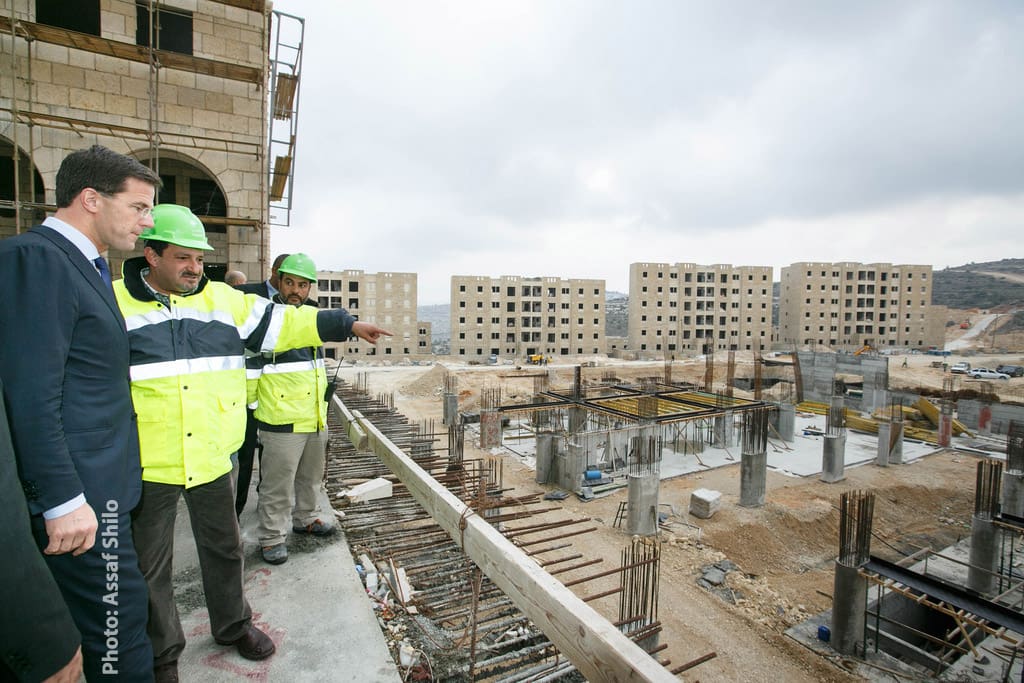
A powerful group of Palestinian capitalists is thriving in the occupied Palestinian territory even as most of the population is struggling to survive. Too often, they owe their wealth to economic collaboration with Israel. Drawing on recent research, Al-Shabaka Policy Member Tariq Dana analyzes the ways in which these “crony capitalists” influence policy, use indebtedness for social control, and normalize the occupation. Click below for the full brief or read the executive summary.









